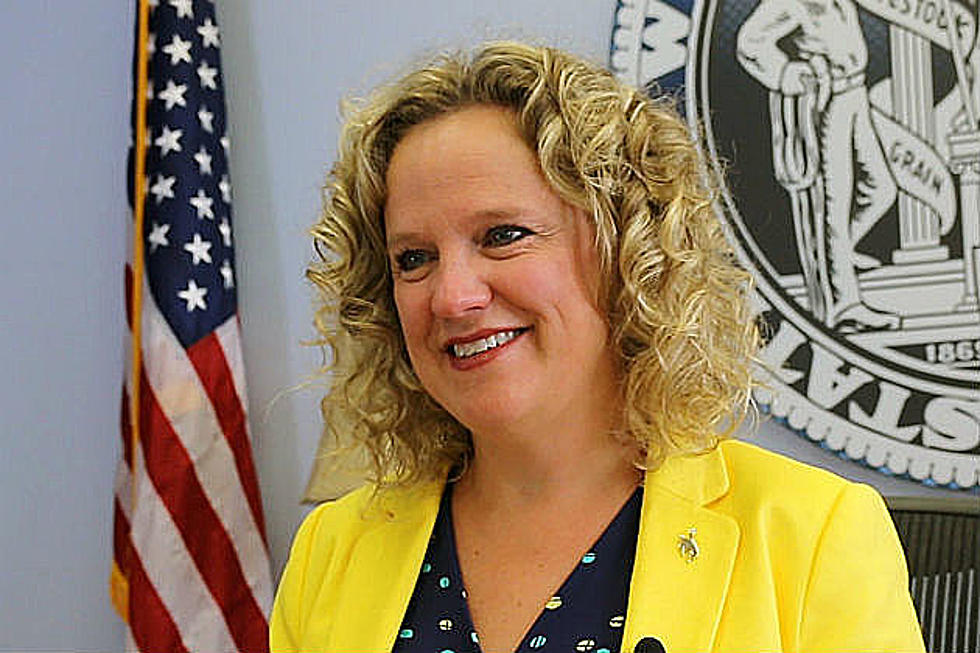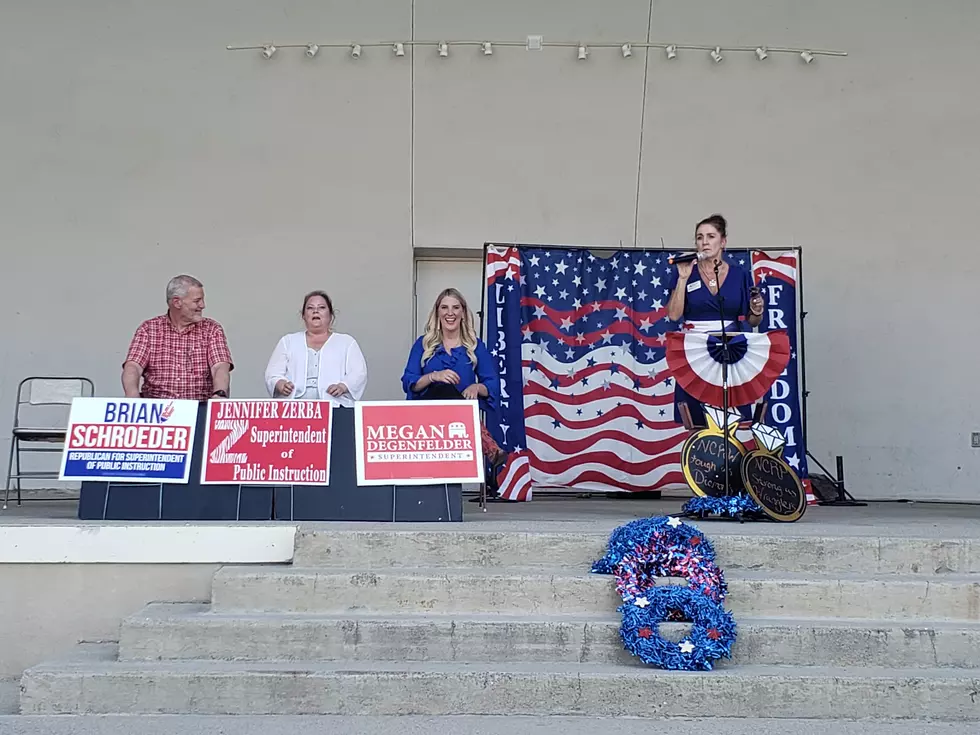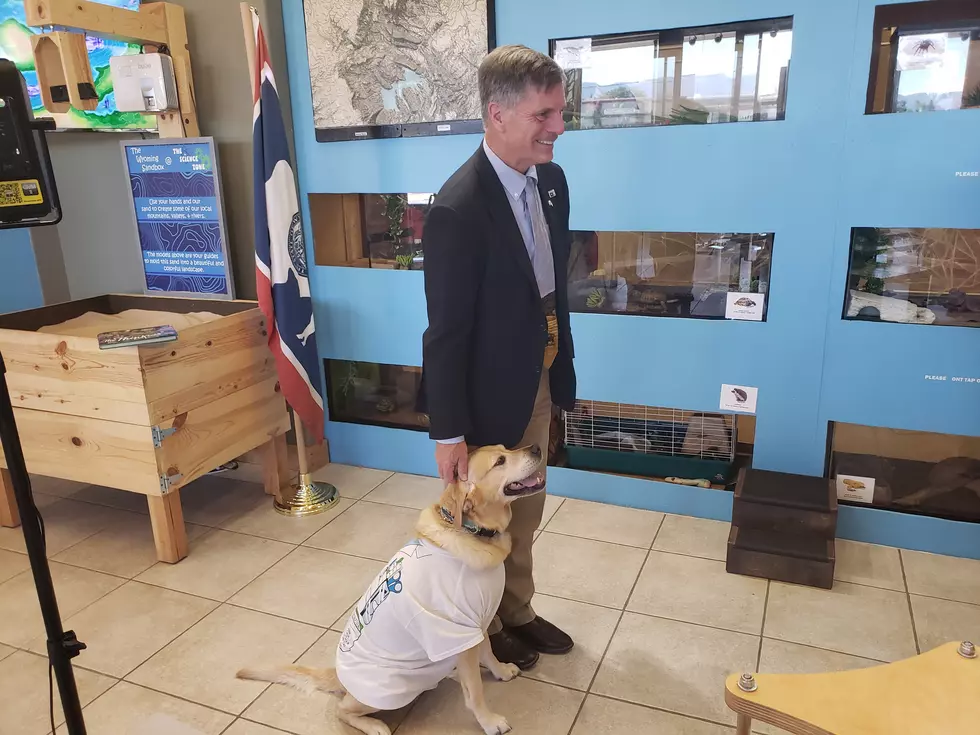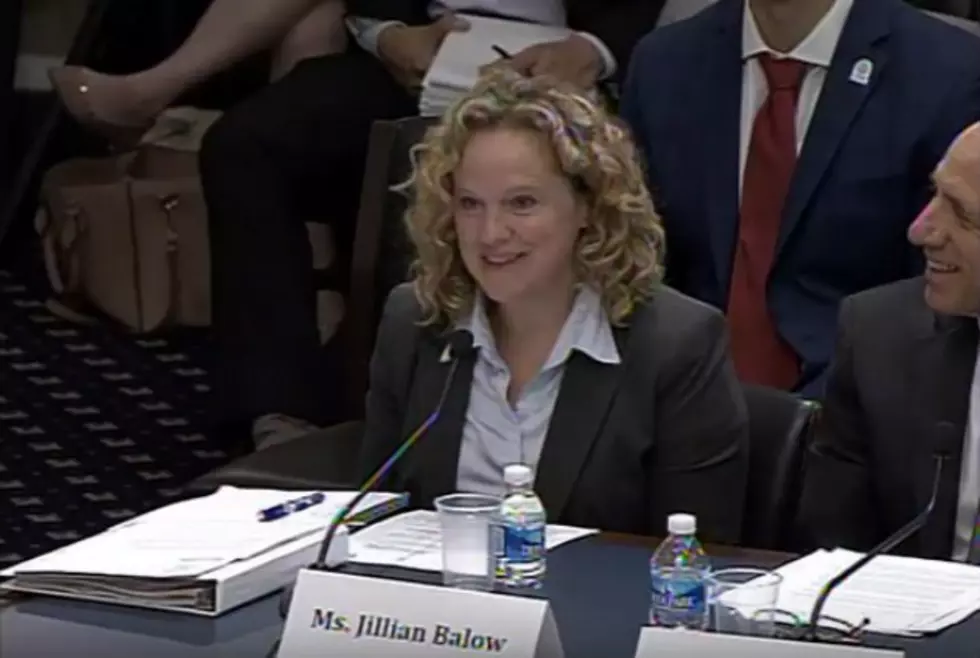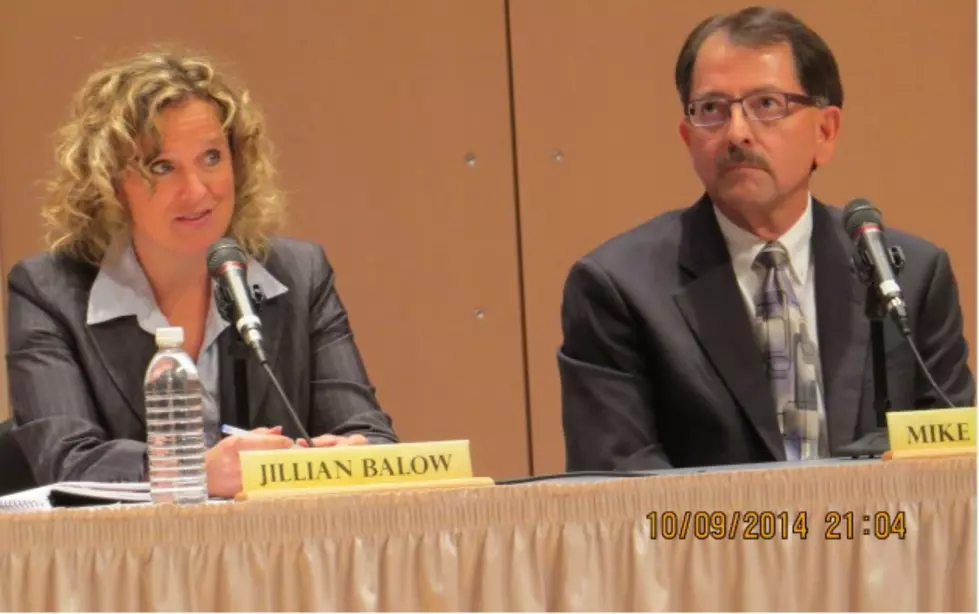
Superintendent Candidates Want A New Start For Education Department
For whatever differences the two candidates for Superintendent of Public Instruction may have, one thing is clear: They're not Cindy Hill and they're not happy with the drama that has plagued that department.
"Wyoming has an opportunity to make a clean break from the past," Republican Jillian Balow said Thursday at a debate at Casper College.
"In education, that's a past that's been embroiled in controversy and stagnation for the past several years," Balow said. "I am that clean break from the past."
Democrat Mike Ceballos echoed that concern.
"Parents have been telling me that they are really frustrated because they want our system to do better, but we've just been embroiled in arguments," Ceballos said. "And what they've said is, 'Mike, we really like the fact that you've run a business for so many years, we think you can really help bring us out of that.'"
Balow and Ceballos are running for the open seat being vacated by Hill, who ran an unsuccessful primary campaign for governor. Hill was elected in 2010. Allegations surfaced of mismanagement, poor treatment of staff, and failure to implement reforms. That lead to the Legislature's passage of, and Gov. Matt Mead's signing of, Senate File 104,which stripped Hill of most of her duties. The Wyoming Supreme Court ruled SF104 was unconstitutional.
Both candidates agreed with the need to strengthen the staff and operations of the Department of Education; work closely with school districts, parents, teachers and school administrators; stabilize education standards and testing; develop dual immersion language programs in elementary schools; and operate the department transparently.
Ceballos and Balow emphasized the importance of an elected, not governor-appointed Superintendent of Public Instruction. The superintendent -- along with the governor, treasurer, secretary of state and auditor -- serves on the State Loan and Investment Board and the State Board of Land Commissioners.
Balow said the superintendent brings a voice of parents and children to the decisions of the SLIB and BSLC that otherwise would not be heard. Ninety percent of the revenue raised from state lands goes to education, she said.
Ceballos said the superintendent can influence decisions about diversifying the economy.
But they differed on the importance of party affiliation, which arose in a question about transparency in the Department of Education.
Balow said education does transcend party labels, but Republicans do differ from Democrats in an important way.
"The more that we are tied to the federal government, the less we lose our ability to control education locally and the less we lose our ability to create full transparency in a way that makes sense to all Wyomingites," Balow said.
A superintendent should vigilantly oppose federal overreach, she said.
But partisanship, Ceballos said, won't help community discussions about education.
"One of the issues we do have with transparency is this notion that if we want to make a point is what we do is say, 'well there are Democrats and Republicans, and the Democrat couldn't possibly be as conservative as I am,'" he said.
"If we make it political, then we can have those (discussions), but they are polarizing and they don't get to the point. We need to be able to talk freely openly and understand that all of our communities and school districts need to be involved in that," Ceballos said.
More From K2 Radio


